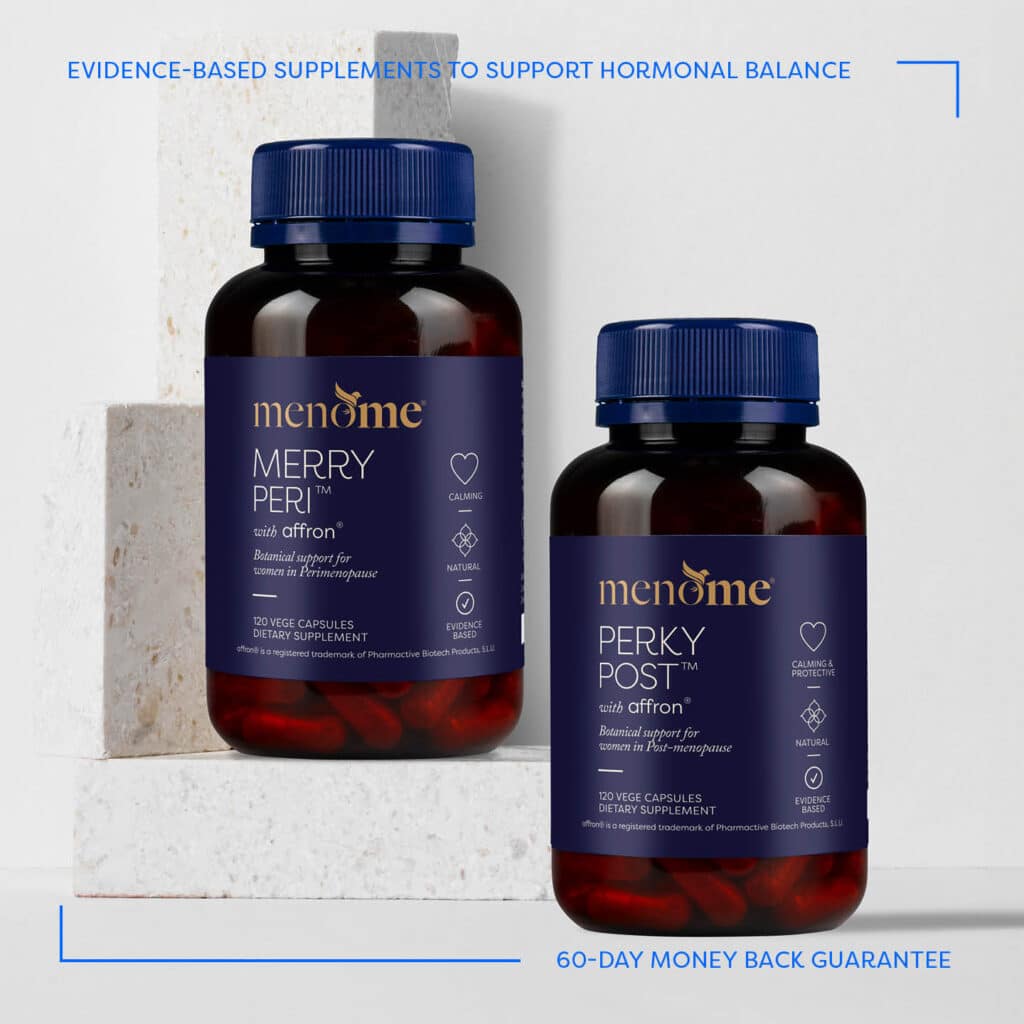Reframing menopause.
It can be difficult to view menopause as a positive time when it’s such a negative sounding word.
Somehow, the “pause” part suggests an end to something great. So perhaps our solutions for reframing menopause begins with the word itself.
Indeed, should we be interpreting it as “me? NO pause” instead? Because, in fact, menopause marks the start of an exciting time of life.
The American author Florence King once famously said: “a woman must wait for her ovaries to die before she can get her rightful self back“. And wow, that’s a powerful statement, but the sentiment absolutely resonates with me.
The end & the beginning
While menopause means the end to our fertility, it also marks the end of monthly periods (hooray!) As well as this it’s the beginning of the second half of our lives. A time where we can live with the benefit of all the life lessons learned during the first half.
In a recent edition of New Zealand Listener magazine, Nicky Pellegrino wrote about the ‘The Age of Success, The Rise and Rise of Older Women’. “Advancing age seems an unlikely tool in a woman’s arsenal to break the glass ceiling,” she wrote. “But growing numbers of 50-plus women are taking on new challenges and rising up the ranks.”
The gift of freedom
For some women, the menopausal years or second spring coincide with major lifestyle changes such as children becoming more independent and leaving home. Then – in some cases – there are mortgages being paid off, more discretionary income, better job opportunities and pay, the joy of grandchildren, the opportunity to explore new interests and above all, more time for yourself.
In a word, menopausal women, are given the gift of freedom. Freedom from the constraints of running a busy household, freedom from the pressures of climbing the corporate ladder and freedom to express themselves authentically.
To make the most of that gift we need to begin reframing menopause. To turn the change of life into a positive time. Furthermore, we need to recognise the signs of menopause early and get them under control so we can care for our health in post-menopause.











